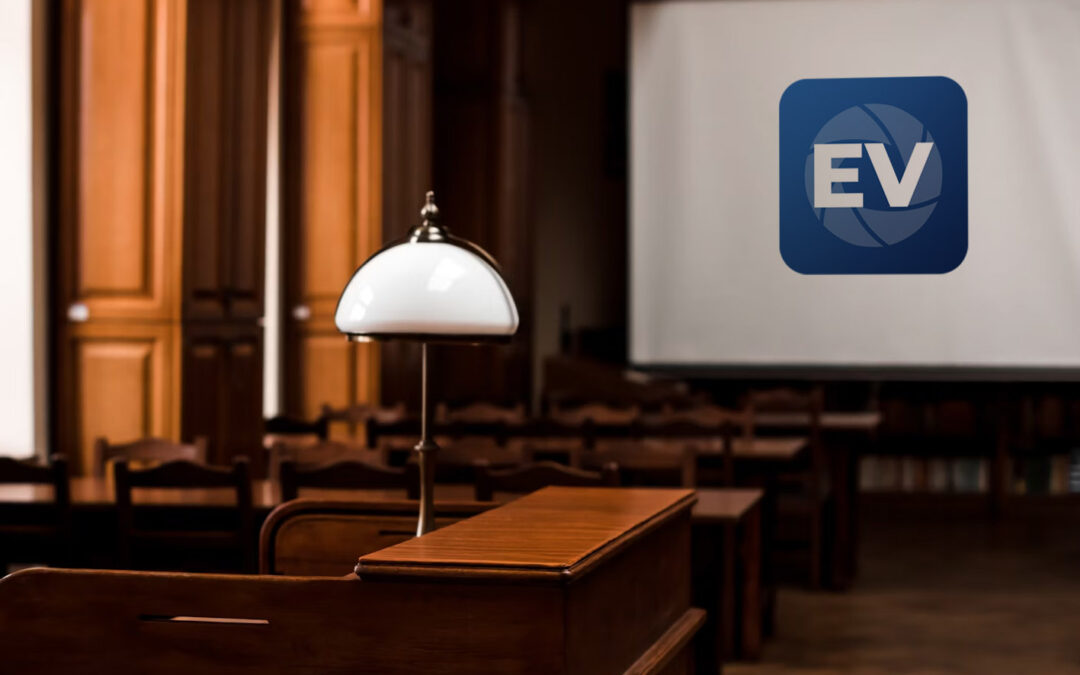Winning cases require well-crafted trial presentations for maximum impact.
Winning cases require well-crafted trial presentations for maximum impact.
Blog Article
How Test Presentations Enhance Your Disagreement and Convince Jurors
Trial presentations act as a critical system for improving legal arguments and persuading jurors. By incorporating aesthetic help, narrative frameworks, and psychological engagement, lawyers can produce a compelling case that resonates on several degrees. The calculated use visuals not only makes clear complex information but additionally catches jurors' attention more efficiently than words alone. However, the art of narration plays a just as vital role in changing accurate evidence into a compelling story, shaping jurors' understandings - trial presentations. Comprehending these elements can significantly influence trial end results, increasing the question of just how each component adds to this complex dynamic.

Significance of Aesthetic Help
Visual help play a critical function in improving the efficiency of trial discussions, as they can substantially enhance audience involvement and retention of information. In the context of a test, where jurors are charged with processing facility information, aesthetic help offer to simplify and make clear bottom lines. Charts, charts, and pictures can convey information and concepts that might otherwise bewilder or perplex jurors, enabling for a more simple understanding of the evidence provided.
Moreover, aesthetic aids help in keeping juror attention throughout the process. By breaking the uniformity of verbal statement, these tools can punctuate critical disagreements, making them more unforgettable. Reliable visual help can also stimulate psychological reactions, which can be crucial in encouraging jurors to line up with the speaker's narrative.

Crafting Engaging Narratives
An engaging narrative is vital in trial presentations, as it functions as the foundation of effective persuasion. It enables lawyers to weave with each other truths, proof, and emotional aspects right into a meaningful tale that resonates with jurors. This narrative structure makes it possible for jurors to recognize the complexities of the situation while leading them through the attorney's disagreement.
To craft a compelling narrative, lawyers must concentrate on clearness and comprehensibility. Additionally, the usage of vibrant descriptions can produce psychological images that aid jurors envision the occasions, making the narrative extra remarkable.
Additionally, integrating crucial motifs throughout the discussion reinforces the core message and help in retention - trial presentations. The story needs to not only share info but additionally evoke a feeling of justice, highlighting the stakes entailed. Eventually, a sound narrative cultivates a link between the jurors and the situation, positioning the attorney's argument as both legitimate and compelling, thereby enhancing the possibility of a favorable judgment

Engaging the Court Mentally
Effective court involvement depends upon the attorney's capability to attach with jurors on a psychological degree. This connection can considerably influence jurors' perceptions and their best decision-making. Utilizing emotional appeals enables lawyers to humanize the instance, transforming abstract legal concepts right into relatable experiences. By offering real-life tales or testimonies, attorneys can evoke empathy and empathy, fostering a deeper understanding of the problems at stake.
Aesthetic help, such as photos or videos, can further improve psychological interaction, supplying jurors with dazzling representations of the case's human components. Crafting a narrative that highlights the struggles and victories of the people included ensures that jurors see beyond the legal debates and recognize the human effects of their decisions.
An attorney's passionate distribution can reverberate with jurors, reinforcing their psychological financial investment in the situation. It's vital to stabilize emotional allures with valid evidence, making sure that jurors feel urged to act while staying based in the truth.
Structuring Your Presentation

The body of the presentation must be practically segmented into bottom lines, each sustained by engaging evidence. It is beneficial to use storytelling techniques to weave facts right into a narrative that jurors can conveniently comply with. Visual help, such as charts and video clips, can improve understanding and engagement, aiding to highlight vital pieces of proof.
Real-World Study
Analyzing real-world instance researches offers vital understandings into the art of trial presentations and persuasion. The protection group efficiently utilized a method that incorporated high-profile expert statements with multimedia discussions, which astounded jurors and inevitably affected their choice.
Another noteworthy example is the "McDonald's Coffee Situation," where the complainant's lawyers utilized graphic images of the injuries suffered by Stella Liebeck. trial presentations. This plain visual evidence played a critical role in conveying the severity of her burns, resulting in a considerable court honor. Such situations show that impactful test discussions often hinge on the effective integration of visuals and narration to evoke psychological responses from jurors
Furthermore, the "Casey Anthony Test" highlighted the importance of narrative comprehensibility and reliability. The prosecution's failure to develop an engaging timeline lessened their influential power, emphasizing the necessity of a well-structured presentation. Examining these situations reveals that successful test discussions need tactical planning, psychological involvement, and the check my reference capacity to reverberate with jurors' values and beliefs.
Conclusion
Trial presentations considerably improve arguments and my review here encourage jurors via the calculated use aesthetic help, compelling narratives, and psychological involvement. By simplifying complex details and cultivating links with the audience, these components produce a memorable and impactful experience. A well-structured discussion balances emotional allures with factual proof, eventually resonating with jurors' worths. The combination of these methods not just influences decision-making but additionally highlights the significance of reliable communication in the court room.
Report this page